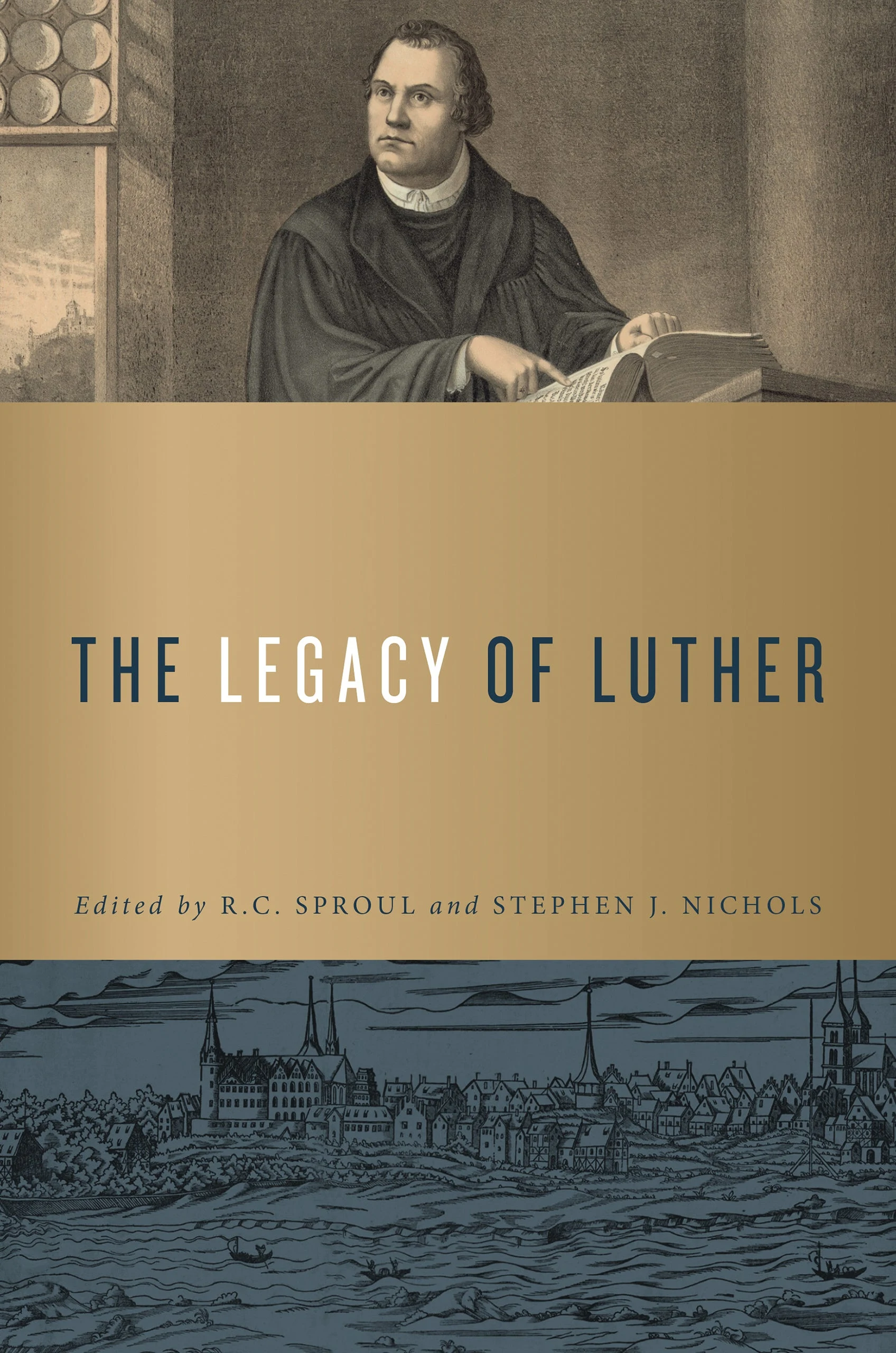Simple and Straightforward: Martin Luther on Preaching

According to Fred Meuser, Martin Luther was well liked as a preacher. He “spoke slowly but with great vigor and often had a moving effect upon the hearers.” Given what we know about his convictions, it would be hard to imagine that Luther’s preaching was dull and devoid of rhetorical passion. It is equally hard to fathom, then, that Luther felt the need to chastise some who did not listen well, saying that some fell asleep and some even snored during the sermon, adding that they sometimes coughed whenever he preached on justification, only to wake up again whenever he told a story. Times do not seem to have changed. All the more reason, then, for the Reformer to keep his sermons relatively simple and straightforward.
Those who have studied Luther’s theological works find themselves in deep waters. Luther’s theology is complex at best. Concepts such as his theology of the cross (theologia crucis), the doctrine of consubstantiation, and the exact distinction between law and gospel (did Luther advance in his understanding of the so-called third use of the law, as some have suggested?) continue to occupy scholars of Luther to this day. Is it surprising, then, that Luther’s preaching was essentially simple and plain? Not really. According to Hughes Oliphant Old, Luther “made no attempt to be a great orator.” Old expands,
[Luther] had none of the rhetorical culture that Basil, Chrysostom, or Augustine had. Luther was a popular preacher with a natural mastery of language. He taught preachers of the Reformation to preach in the language of the people.
Garry Williams cites a similar statement that Luther makes in his Table Talk:
In the pulpit we are to lay bare the breasts and nourish the people with milk. . . . Complicated thoughts and issues we should discuss in private with the eggheads [Klueglinge]. I don’t think of Dr. Pomeraneus, Jonas, or Philip [Melanchthon] in my sermon. They know more about it than I do. So I don’t preach to them. I just preach to Hansie and Betsy.
Although Luther had been schooled in classical rhetoric as part of the awakening of the Renaissance movement in late-medieval Europe, the Reformer seemed deliberately to avoid its more elaborate affectations, employing in its place a more conversational style. He was, for example, particularly scornful of the use of Hebrew in the pulpit. Though able to converse in both Greek and Hebrew with the best of Renaissance scholarship—scholarship that had triumphed in returning to the sources for meaning (ad fontes)—Luther did not employ Greek and Hebrew terms in his sermons. Williams cites Luther’s acerbic comment about Zwingli: “How I do hate people who lug in so many languages as Zwingli does; he spoke Greek and Hebrew in the pulpit at Marburg.”
Luther was firmly committed to the study of the original languages and urged that all preachers have the same passion.
Despite these warnings, Luther was firmly committed to the study of the original languages and urged that all preachers have the same passion:
Though the faith and the Gospel may be proclaimed by simple preachers without the languages, such preaching is flat and tame, men grow at last wearied and disgusted and it falls to the ground. But when the preacher is versed in the languages, his discourse has freshness and force, the whole of Scripture is treated, and faith finds itself constantly renewed by a continual variety of words and works.
On another occasion, Luther is even stronger in urging the use of the original languages:
It is a sin and shame not to know our own book or to understand the speech and words of our God; it is a still greater sin and loss that we do not study languages, especially in these days when God is offering and giving us men and books and every facility and inducement to this study, and desires his Bible to be an open book. O how happy the dear fathers would have been if they had our opportunity to study the languages and come thus prepared to the Holy Scriptures! What great toil and effort it cost them to gather up a few crumbs, while we with half the labor—yes, almost without any labor at all—can acquire the whole loaf! O how their effort puts our indolence to shame.
Commenting on these statements of Luther, John Piper makes the following deduction:
Now that is a discouraging overstatement for many pastors who have lost their Greek and Hebrew. What I would say is that knowing the languages can make any devoted preacher a better preacher—more fresh, more faithful, more confident, more penetrating. But it is possible to preach faithfully without them—at least for a season. . . . The test of our faithfulness to the Word, if we cannot read the languages, is this: Do we have a large enough concern for the church of Christ to promote their preservation and widespread teaching and use in the churches? Or do we, out of self-protection, minimize their importance because to do otherwise stings too badly?
Luther’s insistence upon simplicity of language is, in part at least, a byproduct of the free delivery of his sermons; his sermons were extemporaneous rather than read from a manuscript. This fact alone almost guarantees that the language employed is simpler, ensuring that if a complex thought is uttered, sufficient explanation is given to elucidate it, drawn from (among other things) eye contact with one’s listeners that often reveals understanding or perplexity. One puzzled look from a listener, or clear signs that no one is actually listening, will urge simplicity of language—repeating a thought in different language until the point is made clear.


